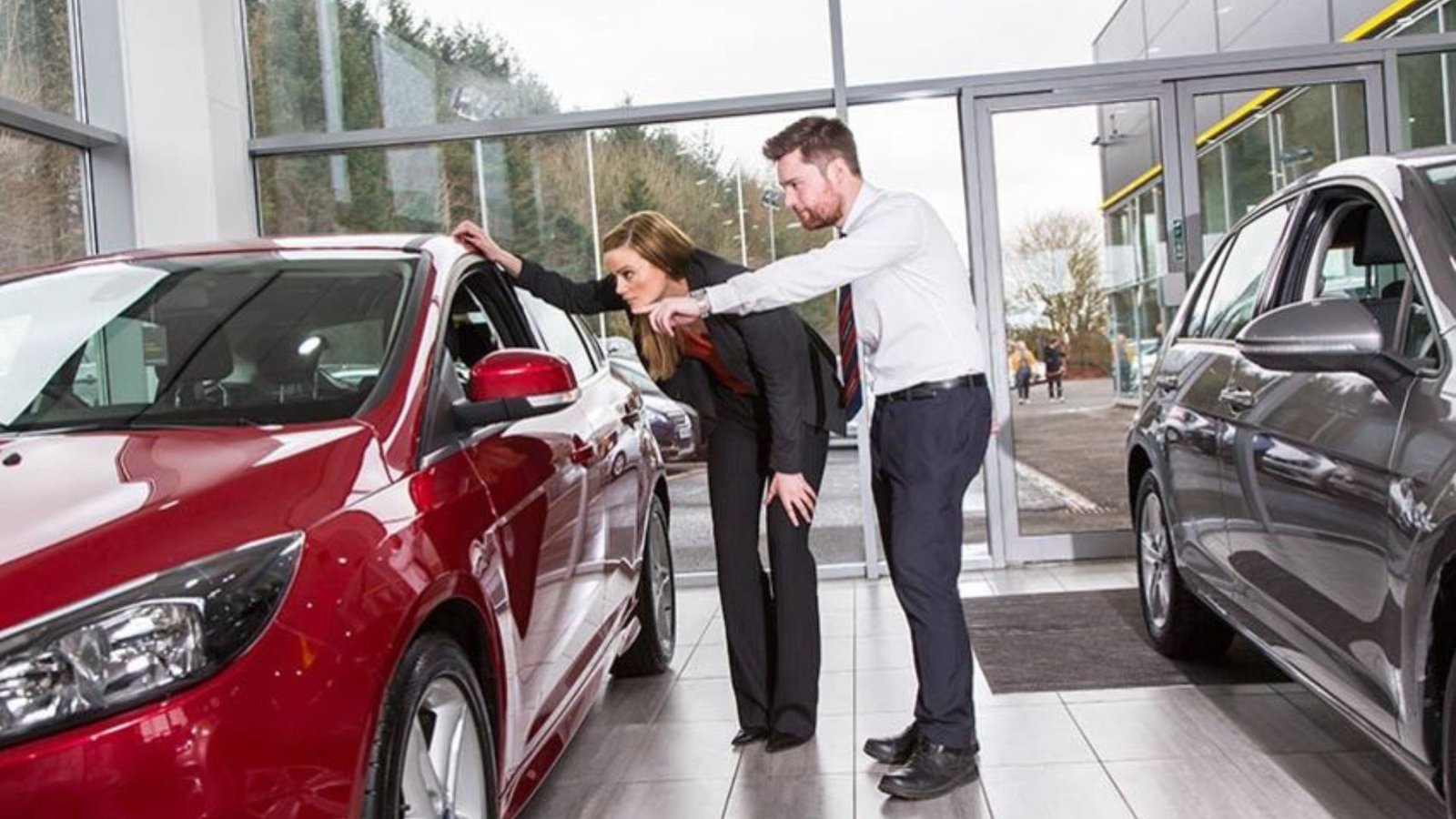Buying a used car can be a great way to save money while still getting a reliable vehicle. However, it’s important to know what to look for to ensure you make a smart choice. In this guide, we will discuss the key factors to consider when purchasing a used car.

1. Budget and Financing
Before you start looking for a used vehicle, set a budget. Think about how much you can spend, including taxes and fees. Additionally, consider if you need financing. Many banks and credit unions offer loans for used cars. By knowing your budget and financing options, you can narrow down your choices.
2. Vehicle History Report
A vehicle history report is essential when buying a used car. This report gives you important information about the car’s past, such as accidents, title issues, and service history. You can obtain this report from services like Carfax or AutoCheck. Always check the vehicle history report before making a purchase.
3. Inspection and Test Drive
Once you find a car you like, it’s crucial to inspect it and take it for a test drive. Look for signs of wear and tear, such as dents, scratches, or rust. Check the tires, brakes, and lights. During the test drive, pay attention to how the car handles and listen for unusual sounds. If you’re unsure, consider having a mechanic inspect the car for you.
4. Mileage and Age
The mileage and age of a car can significantly affect its value and reliability. Generally, lower mileage means less wear and tear. However, a well-maintained older car can be a good option too. Compare the mileage with the car’s age. A car with high mileage may have more issues, while a very low mileage car may have been sitting unused, which can also lead to problems.
5. Warranty and Return Policy
Check if the used car comes with any warranty. Some dealerships offer limited warranties on used cars, which can provide peace of mind. Additionally, find out about the return policy. A good dealership may allow you to return the car within a certain period if you have second thoughts.
6. Fuel Efficiency
Consider the fuel efficiency of the car, especially if you plan to drive it often. Look for models known for good gas mileage, as this will save you money in the long run. Fuel-efficient cars can make a big difference, especially with rising fuel prices.
7. Insurance Costs
Insurance costs can vary greatly between different models. Before buying, get insurance quotes for the cars you’re considering. This will help you understand the total cost of ownership and avoid surprises later.
8. Reputation of the Model
Research the reputation of the car model you are considering. Look for reviews and ratings from other owners. Some models are known for reliability, while others may have common issues. Websites like Consumer Reports can provide valuable insights.
9. Negotiation
When you find the right used car, don’t hesitate to negotiate the price. Use your research and the vehicle history report to support your offer. Many sellers expect some negotiation, so be prepared to discuss the price.
10. Final Paperwork
Once you agree on a price, make sure to review all the paperwork before signing anything. Confirm the title is clear and there are no liens against the vehicle. Ensure all agreements are in writing, including any promises made by the seller about repairs or warranties.
Conclusion: Make an Informed Decision
Buying a used vehicle can be a rewarding experience if you take the time to do your homework. By considering your budget, checking the vehicle history, and carefully inspecting the car, you can make an informed decision. Remember to negotiate and ensure all paperwork is in order before finalizing the purchase. Happy car shopping!
Jackpotjill VIP – Relax and Play
Reprised offers engaging content for its audience, and downtime deserves some excitement too. The Jackpotjill VIP provides an online casino experience with smooth gameplay and a variety of games. Perfect for a quick break or longer sessions of entertainment. Add some thrill to your day easily and safely.

